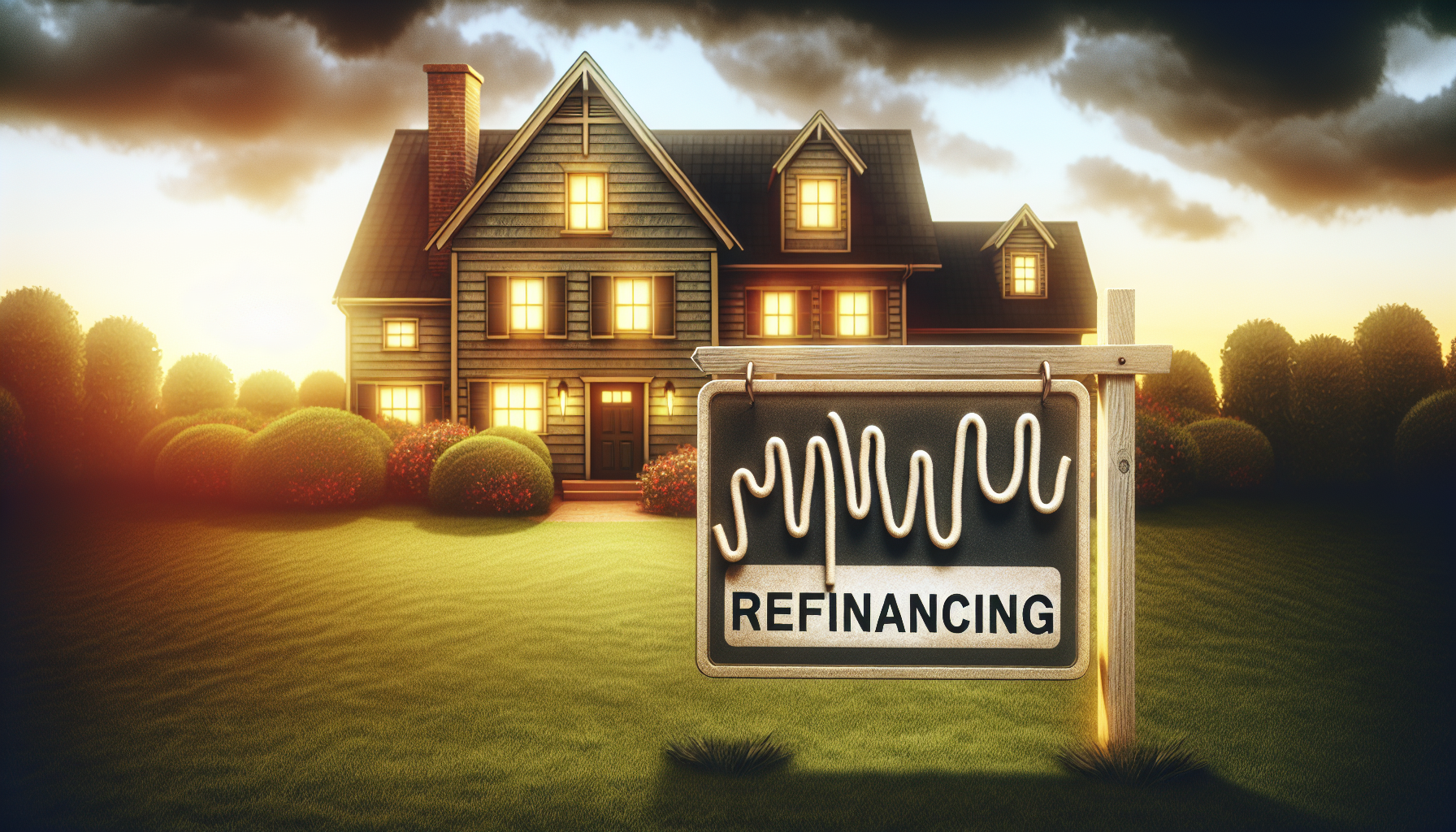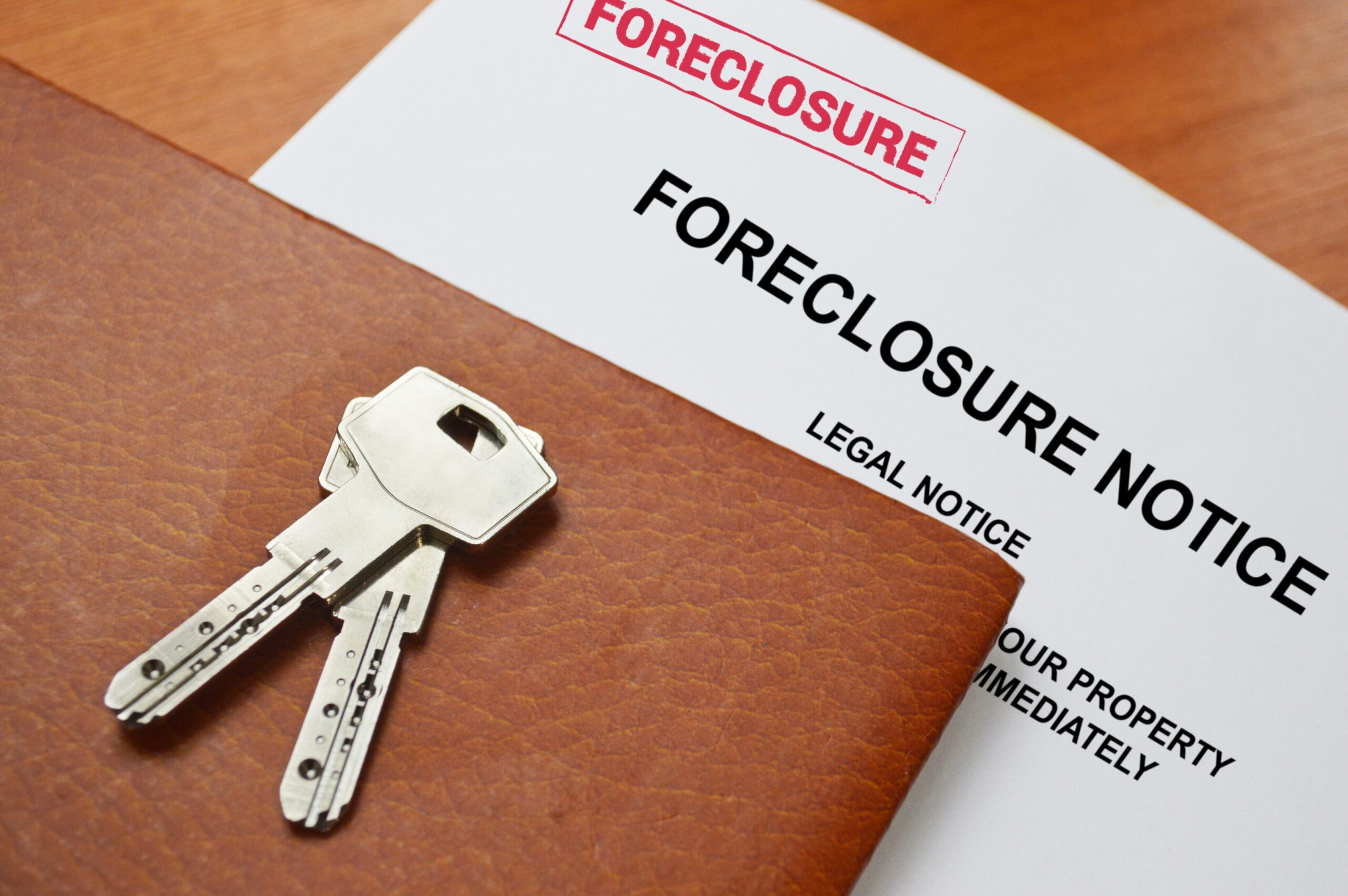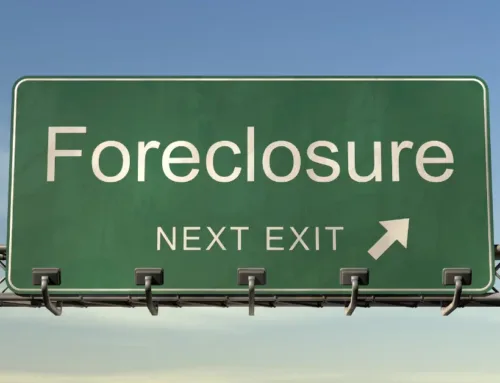Struggling with how to stop foreclosure in Texas? Act swiftly to discover strategies that can help you retain your home. This guide outlines direct, actionable steps tailored to Texas homeowners in distress—ensuring that you understand your rights and the practical measures available without delay.
Key Takeaways
- Texas foreclosure process can be as quick as 41 days post-default and involves either judicial, nonjudicial, or expedited procedures, demanding prompt action from homeowners to prevent foreclosure.
- Homeowners have various strategies to stop foreclosure such as loan modification, negotiating with lenders, repayment plans, refinancing, filing for bankruptcy, short sales, or deeds in lieu of foreclosure, each with unique requirements and implications.
- Legal assistance is crucial in navigating the foreclosure process; a qualified Texas attorney can provide strategic advice, represent homeowners in court, and guide them through various options to avoid foreclosure.
Don’t let the complexity of mortgage modifications overwhelm you. If you’re facing the risk of foreclosure due to missed payments or unfavorable loan terms, it’s time to take action. At Kelly Legal Group, our experienced attorneys specialize in guiding clients through the intricate process of loan modifications, ensuring you can keep your home and secure a favorable outcome. Schedule a free consultation online or call us today.
👉Also Read: Stop Foreclosure Fast: How Kelly Legal Group Can Help You With Mortgage Lender Troubles
The Foreclosure Process in Texas
Foreclosure proceedings in the Lone Star State are governed by Chapter 51 of the Property Code, which falls under Texas law. The process typically takes around 160 days, but this timeline can vary depending on individual circumstances. With such a swift timeline, every minute counts in managing your options effectively to keep your property intact.
In Texas, the primary types of foreclosures are judicial, non-judicial, and expedited foreclosures. Each type has its own set of rules and implications, and understanding these can be your first step in crafting your defense strategy.
Judicial vs. Nonjudicial Foreclosures
In the world of Texas foreclosures, judicial and nonjudicial are two distinct routes that lenders can take when dealing with real property. Judicial foreclosure requires a court order before the lender can sell the property of a borrower in default. This court involvement can potentially stretch out the timeline, giving homeowners extra time to gather their resources and explore their options, such as the ‘Produce the Note Defense’.
Conversely, nonjudicial foreclosures follow a procedural path defined by state laws, bypassing the need for court approval. This hastens the foreclosure process, making non judicial foreclosure a preferred choice for lenders. Hence, homeowners must swiftly take action to safeguard their rights and property.
Key Timeline Events
We can outline the key timeline events in the Texas foreclosure process. Generally, homeowners fall into default after missing 3-6 months of mortgage payments. Upon reaching at least 120 days behind on payments, homeowners may receive a notice of default. This is your red flag, signaling that it’s time to consider options like refinancing to prevent formal foreclosure.
If missed payments are not made by the deadline provided in the notice of default, lenders then file a notice of sale as part of the nonjudicial foreclosure process. Homeowners receive notice at least 30 days before the foreclosure sale. The entire foreclosure process in Texas can be as quick as 41 days from the point of default, leading to the property being sold at foreclosure sales. This whirlwind timeline underscores the importance of immediate action when facing foreclosure.
Top Strategies to Stop Foreclosure in Texas
Finding yourself in the middle of a foreclosure may make you feel cornered. But don’t despair! There are effective strategies you can use to halt the foreclosure process. Some options include:
- Modifying your loans
- Negotiating with your lender
- Filing for bankruptcy
- Seeking assistance from a housing counselor
These options can help you keep your home.
Loan modification, for instance, allows homeowners to add missed payments to the balance, adjust terms, and lower monthly payments. It’s like hitting the reset button on your mortgage, giving you a fresh start. Alternatively, reinstating a loan is possible by paying off the entire overdue amount, allowing you to resume your regular mortgage payments and avoid foreclosure.
Filing for Bankruptcy
Although bankruptcy may appear extreme, it can serve as a potent weapon in your fight against foreclosure. When you declare bankruptcy in Texas, an automatic stay is triggered that halts the foreclosure process and helps you catch up on mortgage payments.
Chapter 13 bankruptcy offers a structured payment plan over 3 to 5 years, during which time the lender must halt the foreclosure process. For homeowners willing to give up their home and discharge most of their debts, Chapter 7 bankruptcy could be a viable alternative. However, because bankruptcy is a complex legal process with long-term financial implications, it’s important to seek advice from experienced debt and bankruptcy attorneys early in the foreclosure process.
Loan Modification and Repayment Plans
Popular strategies to halt foreclosure include loan modifications and repayment plans. These options work by negotiating new, more manageable terms with your lender.
Homeowners in Texas can negotiate loan modifications that adapt to their improved financial situation, such as starting a new job after being unemployed. Repayment plans, on the other hand, allow borrowers to pay off missed payments over time, alongside their current mortgage payments. This can relieve the immediate pressure of missed payments and help avert foreclosure.
Keep in mind, that negotiating a payment plan with mortgage lenders, such as a mortgage company, could help prevent home foreclosure.
👉Also Read: What Is a Loan Modification? Everything Borrowers Need to Know
Additional Options to Prevent Foreclosure
In addition to the strategies mentioned above, there are other options to consider in your battle against foreclosure. These include:
- Modifying your home loan
- Catching up on missed mortgage payments
- Refinancing your loan
- Opting for a deed in lieu of foreclosure
- Filing for bankruptcy
These alternatives don’t offer universal solutions as they have their unique requirements and implications. Evaluating them meticulously to choose the best fit for your financial situation and goals is crucial. For instance, refinancing your mortgage allows you to adjust your loan terms, potentially resulting in a lower monthly payment that can make it easier to avoid foreclosure.
Refinancing Your Mortgage

Refinancing can be a lifeline when you’re struggling with mortgage payments. By replacing your existing mortgage with a new loan, you can potentially secure better terms and lower your monthly payments.
Nonetheless, the process of refinancing isn’t always simple. Factors such as a negatively affected credit score or rising interest rates can make it difficult to qualify for refinancing. Lenders may weigh your debt-to-income ratio and could overlook credit issues from past-due mortgage payments when considering you for refinancing.
Short Sale and Deed in Lieu of Foreclosure

When other strategies aren’t viable or have failed, a short sale or a deed in lieu of foreclosure could be your final line of defense against foreclosure. A short sale occurs when you sell your property for less than the outstanding mortgage balance with lender approval. This allows you to avoid the negative impacts of a foreclosure auction, which can potentially yield a lower sale price and a larger deficiency balance.
On the other hand, a deed in lieu of foreclosure involves voluntarily transferring the title of your property to the lender to clear your remaining mortgage debt and avoid the foreclosure process. It’s a tough choice to make, as it means giving up your home, but it can provide a clean break from your mortgage debt and allow you to move forward.
Legal Assistance in Stopping Foreclosure
Navigating the complexities of foreclosure can feel like a daunting task. This is where legal assistance comes in. An experienced Texas attorney can help you understand the ins and outs of foreclosure law, explore your options, and craft a solid strategy to stop foreclosure.
An attorney can provide valuable assistance in foreclosure cases, including:
- Guiding you through the legal process
- Providing insights and strategies to delay or dismiss foreclosure proceedings
- Representing you in court if necessary to ensure you are well defended.
Finding a Texas Foreclosure Attorney
Finding a qualified foreclosure attorney is a critical step in your journey to halt foreclosure. But how do you find one? Look for tangible indicators such as a proven track record, good standing with the Texas State Bar, and positive client testimonials.
An effective foreclosure attorney should communicate clearly and explain your options to halt foreclosure comprehensively. Referrals from trusted friends, family, or professionals can be a valuable source when looking for a reliable attorney.
👉Also Read: Actions You Can Take to Stop The Foreclosure Process
Explore Your Legal Options with a Free Consultation at Kelly Legal Group
After finding a dependable attorney, collaborating to formulate your foreclosure defense becomes the next step. At Kelly Legal Group, we offer a free consultation where we review your case, discuss possible steps moving forward, and determine if a breach letter is necessary.
Our attorneys can help you explore loan modifications, guide you through the paperwork, and work diligently to help you avoid foreclosure. If you’re behind in payments or have unfavorable loan terms, contact us to explore your options.
To receive a FREE consultation, contact us online or call us at (512) 505-0053 today!
Frequently Asked Questions
Can a foreclosure be reversed in Texas?
Yes, with the help of an experienced attorney, it may be possible to stop foreclosure and even reverse it in Texas. An experienced attorney can assist you in this matter.
What action could temporarily stop a foreclosure?
You can temporarily stop a foreclosure by negotiating with your lender for a forbearance, loan modification, a repayment plan, or reinstating the loan by paying all past-due amounts. These options can help you pause or adjust your payments and avoid foreclosure.
How long does it take to foreclose on a house in Texas?
In Texas, the foreclosure process typically takes around 6 months, following non-judicial proceedings with a power of sale clause in the deed. Therefore, foreclosure on a house in Texas can be completed within this timeframe.
How many mortgage payments can you miss before foreclosure Texas?
In Texas, you can miss up to four mortgage payments before the foreclosure process begins, but once it starts, it can proceed rapidly.
What is the meaning of foreclosure notice?
A foreclosure notice is a warning that the lender is starting the foreclosure process, which involves selling the home at a public auction to pay off the loan. This notice is typically issued after the homeowner has missed multiple mortgage payments, ultimately leading to the potential sale of the property.






